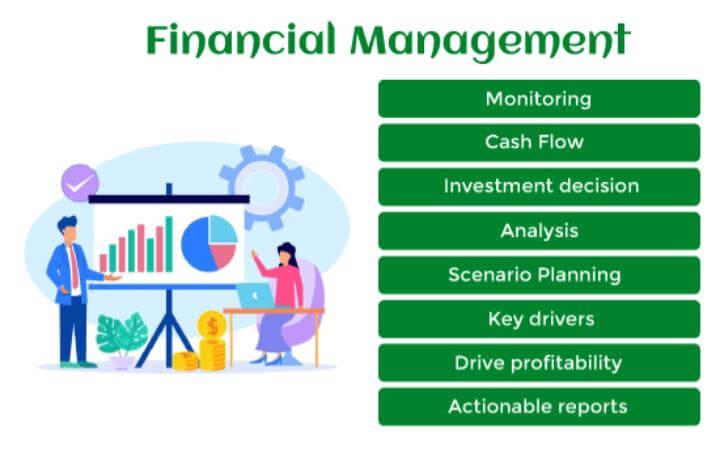Inquire
Understanding the Basics of Financial Management for Entrepreneurs.

Understanding the basics of financial management is crucial for entrepreneurs to ensure the financial health and success of their businesses. Here are some key points to cover in a blog post about this topic:
1. Budgeting: The importance of creating and maintaining a detailed budget to track income, expenses, and cash flow.
2. Financial Statements: Explanation of essential financial statements like the income statement, balance sheet, and cash flow statement, and how to interpret them.
3. Profitability and Margins: Understanding gross profit, net profit, and profit margins to assess business profitability.
4. Managing Cash Flow: Tips for maintaining a positive cash flow and dealing with cash flow challenges.
5. Pricing Strategies: How to set appropriate prices for products or services to ensure profitability and competitiveness.
6. Funding Options: An overview of various funding sources for startups and small businesses, such as loans, investors, or bootstrapping.
7. Financial Ratios: Introduction to key financial ratios like current ratio, quick ratio, and debt-to-equity ratio to evaluate business performance.
8. Tax Planning: The importance of tax planning to minimize tax liabilities and comply with relevant tax regulations.
9. Working Capital Management: How to manage working capital effectively to meet short-term obligations.
10. Long-term Financial Planning: The significance of long-term financial planning to achieve business goals and sustain growth.
11. Risk Management: Tips for identifying and mitigating financial risks that could impact the business.
12. Record Keeping: The importance of maintaining accurate and organized financial records for future reference and compliance purposes.
13. Investment Decisions: How to evaluate potential investments and make informed decisions to optimize returns.
14. Debt Management: Strategies for handling business debts responsibly and avoiding excessive debt burdens.
15. Monitoring and Adjusting: Emphasize the need to regularly monitor financial performance and make necessary adjustments to stay on track.

- Managerial Effectiveness!
- Future and Predictions
- Motivatinal / Inspiring
- άλλο
- Entrepreneurship
- Mentoring & Guidance
- Marketing
- Networking
- HR & Recruiting
- Literature
- Shopping
- Career Management & Advancement


 SkillClick
SkillClick